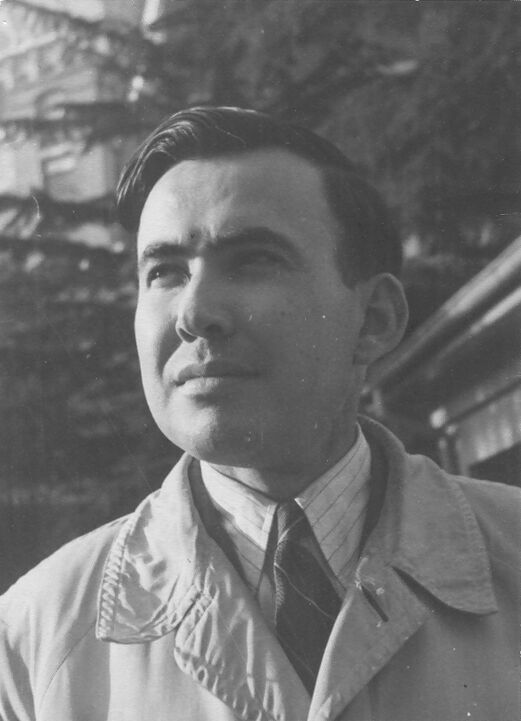An excerpt from Valerie Mejer’s “Countryless,” translated by Torin Jensen.
[Señor mío,]
by Valerie MejerSeñor mío,
Este árbol que veo ahora es exacto en sus hojas. Es preciso el número de los que pasan por la calle, y justa la ventana que los coloca en un marco. Así el ojo que ha mirado la batalla librada por esa mente suya, una mente de lagos y libélulas y más abajo, al final de sus extremidades cuelgan sus manos de hombre. Señor, nada es mío, usted por encima de todo no lo es. Las mariposas innumerables de un recuerdo, donde usted aún no tocaba mi vida, ellas sí son mías, y están ahí cubriendo el cuerpo de una niña enana en el bosque. Yo la llevé en hombros hasta el santuario porque sus piernas ya se retorcían, al final nos recostamos, y la victoria fueron esos cuerpos de papel cubriéndonos de pies a cabeza. Una manta inquieta, que casi flotaba desde nuestros cuerpos hasta la mente que yo aún no conocía y hasta la mano que me llevaría por una camino semejante a ellas. A un paraíso de insectos. Nada es nuestro, usted lo sabe, ni siquiera el día en que sabremos cabalgar una misma yegua, o aquel en que pondremos en un cazo un par de papas. Ya estamos en la mesa de los otros, ya lo estamos, pero ese pensamiento no es nuestro señor mío, esa es una idea del sol que nos considera de momento. Es de usted lo que yo le doy, pero ha sido olvidado a la entrada de mi casa y ahora mismo esto que escribo es un recordatorio: En la mesa, al lado de la puerta está mi corazón. No duran vivos los órganos que se dejan afuera de un cuerpo.
[My Lord,]
by Valerie MejerMy Lord,
This tree I see now is exact in its leaves. It’s precise the number of those that move through the street, and exact how the window places them in a frame. Like the eye that’s witnessed the struggle for your mind, Lord, a mind of lakes and dragonflies and further below, at the end of your limbs hang the ordinary hands of a man. Lord, nothing is mine; you above all. The innumerable butterflies of a memory, where you hadn’t yet touched my life, they, by all means, are there covering the body of a girl dwarf in the forest. I carried her on my shoulders to the sanctuary because her legs already twisted themselves. At last we rested, those bodies of paper, the victory, covering us from head to foot, and a tremulous blanket nearly floated from our bodies to the mind that I hadn’t yet encountered and to the hand that would take me to a similar path. To a paradise of insects. Lord, nothing is ours, you know, not even the day when we’ll know to ride the same mare, or when we’ll boil a couple of potatoes in a pan. Already we’re on the table of the others, we’re already there, but that thought isn’t yet ours, Lord, it’s an idea of the sun who considers us momentarily. It belongs to you, what I give you, but it’s been forgotten at the entrance to my house and now too what I write is a reminder: On the table, to the side of the door, is my heart. The organs left outside a body don’t survive.
translated from Spanish by Torin Jensen

